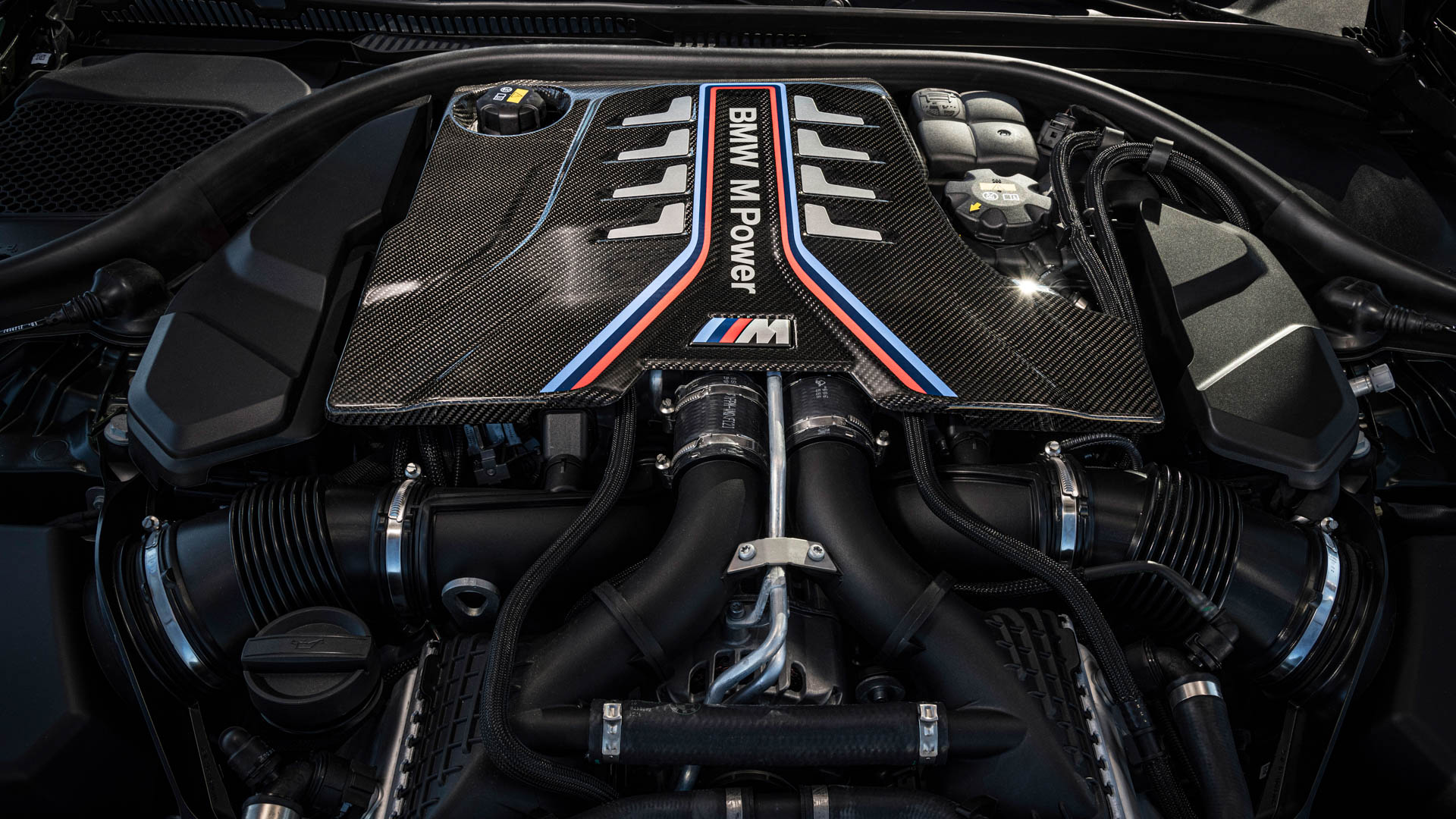

On November 10, the final internal combustion engine built in Munich by BMW officially left the assembly line. Can we really call BMW “Bavarian Motor Works” anymore if none of its engines are built in Germany? Technically, since it still plans to build electric powertrains in Germany, it gets to keep the name. But it’s nevertheless odd to see a brand that hung its hat on its Bavarian-built engines for so long outsource engine production to different countries.
This move has been a long time coming, though. BMW announced that it’d be moving engine production to its Steyr, Austria plant back in 2020. Instead of building engines, BMW’s Munich facility will now manufacture drive units for its upcoming electric and hybrid vehicles.

What was Munich’s last engine? A V8, ironically. BMW is most famous for two engine configurations: inline fours and inline sixes. The vast majority of the brand’s classic, iconic, most-beloved cars pack either four or six cylinders, such as cars like the E30 M3 and BMW M1. It would have been a bit more poetic if its last Munich-built engine was one of those, rather than a V8. But I guess someone ordered a 7 Series.
Good news for workers, too. There were previously 1,200 employees who worked in engine development in Munich and, according to a report from BR.de, all of them have been relocated to different positions within BMW. So the engine production switch didn’t come at the cost of any jobs.



Is this the beginning of the end for internal combustion engines from BMW? Fortunately not. BMW has been one of the few automakers to publicly defend traditional powertrains, claiming that the engines we love can coexist with EVs. The Bavarians will continue to not only build but also update and develop their B48 four-cylinder, B58 inline-six, and S68 V8 engines for the foreseeable future. They just won’t be mass produced in Germany anymore.
Admittedly, it’s fitting that BMW uses the Munich plant for EV production. Munich has been BMW’s home as well as its main facility for over 100 years, making it the brand’s most important and significant plant. That’s the one that should facilitate the company’s push into the future.
Got tips? Send ’em to tips@thedrive.com